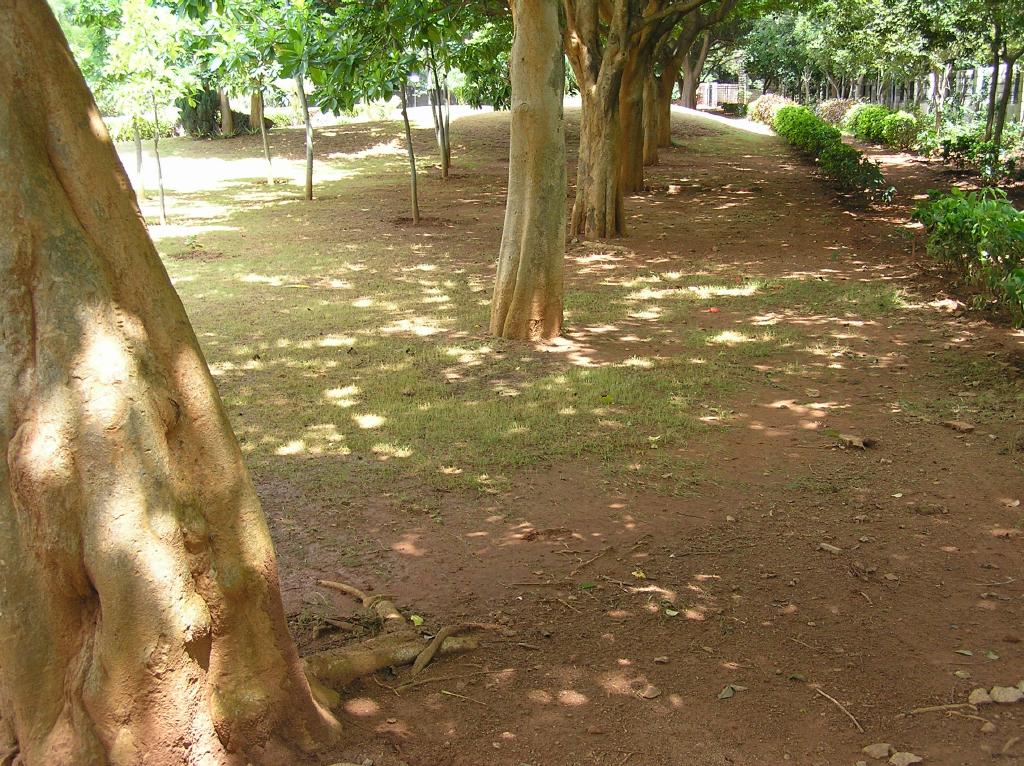NCBS Bangalore 2006
From 2006.igem.org
Contents |
The Living Networks Wiki
The NCBS iGEM team grew out of an interdisciplinary workshop which ran through the spring of 2006. Participants included students, faculty, and industry researchers; physicists, biologists, computer scientists, and engineers; lawyers, educators, and entrepreneurs. Our discussions on genetic networks, synthetic biology, open-source ideas, and industrial applications, are documented on [http://www.ncbs.res.in/~faculty/ssb The Living Networks Workshop Website]
- Workshop
- Team
- Projects Ideas
- [http://partsregistry.org/cgi/partsdb/pgroup.cgi?pgroup=iGEM2006partsregistry.org/cgi/partsdb/pgroup.cgi?pgroup=iGEM2006&group=Bangalor BIOBRICKS]
- JAMBOREE PRESENTATION
- POSTER
- Useful Documents and Links
iGEM2006_Bangalore team meets the iGEM ambassador Reshma
Reshma Shetty will visit NCBS on 26th and 27th. We will discuss our projects with her. The discussion will include the idea behind the project, the synthetic part , results so far and future plans. She will give us a general idea about the Jamboree: Her experiennce of last year's jamboree and the program of this year's jamboree; what is expected and what we should expect to learn and experience.
I will put up the detailed schedule soon.
On 26th we will meet in first floor seminar hall at 2 pm.The presentations and discussion will go on till 4.
On 27th we will meet at 10-30 am in the ground floor seminar hall. --Sugat 05:26, 21 July 2006 (EDT)
iGEM meeting on 26th
The agenda for the meeting was to discuss the three projects with Reshma and Reshma would talk about the Jamboree. First we introduced ourselves to Reshma and told us about our roles that have been put on this wiki This was done completely informally in iGEM compitition spirit.
One thing that I would like to mention here, which I talked about before the actual presentations was the common theme in all three projects. A complete reductionist synthetic biology approach is to put all circuit components in a cell and use the cell just as a chassis only for transcription and translation. We have a slightly different approach which is, in addition to the above mentioned approach, exploit existing complicated cellular phenomena and rewire those using synthetic components. For example, we are interested in tuning chemotatic responses, coupling cell cycle oscillations or using bistability in existing lac operon to probe UV damage system.
Group I
Ruchi talked about the chemotaxis project. She gave a general idea about chemotaxis in E. coli, then specific aim and progress so far. The aim is to achieve two dimensional control over chemotaxis machinary of E coli.This will be done by setting up gradients and inducing expression specific receptors(tar and/or tsr).
Group II
Adil discissed the synchronization of cell cycles project. He talked about the different modules of the circuit and our efforts to characterize them separately.
Group III As Krithiga was not well, I discussed the group III project, eventhough I was not a part of the group.
I discussed how a transient response of UV damage system to a pulse of UV exposure can be captured in persistant GFP expression using bistability in lac operon circuit. I also talked about how this can be used to probe a UV damage response in biofilms or to test memory of UV exposure.
After teh presentaions got over, Reshma gave us a general idea about Jamboree. She said as about 40 schools are participating this year, the schools will be devided into two groups due to space and time constrains and in two halls presentations will go simultaneously. Each school will have about 20 minutes to discuss their project/s. She suggested to make posters of the projects so that whoever can't attend the presentaion, can understand the projects.
We also discuessed visa issues.It is really tough process of getting US visa.
--Sugat 05:23, 27 July 2006 (EDT)
iGEM meeting on 27th
Reshma demonstrated how to add a part in the registery.
We discussed achievable and interesting goals for all three projects.
--Sugat 05:23, 27 July 2006 (EDT)
